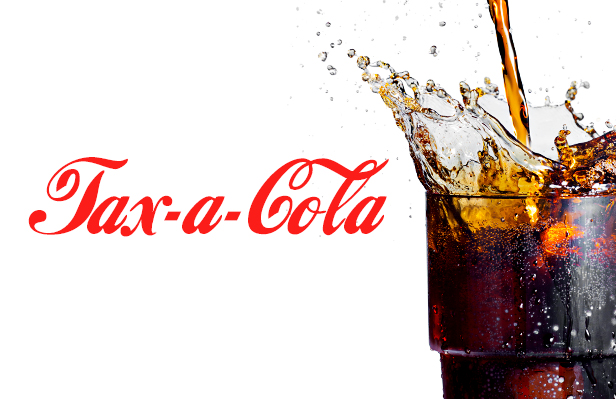Media

Soda Taxes Target the Poor
Soda may not be on the list of Seven Deadly Sins but try telling that to lawmakers in Philadelphia. On January 1, 2017, the city instituted a tax of 1.5 cents per ounce on sweetened beverages. Like other sin taxes, the tax aims to not only raise public revenue but also curb “negative” behaviors. Despite failing to meet any of the stated revenue goals, the worst part is how the tax is shortchanging Philadelphia’s poorest communities.
When Philadelphia’s Mayor Kenney proposed the Soda Tax, it was with the stated purpose of funding universal Pre-K and recreation projects. However, the vast majority of revenues are deposited into the General Fund, with under 30% of total revenues going to Pre-K education.
Combining a revenue stream with the goal of decreasing consumption presents a paradox. For revenues to be steady, it means health goals aren’t met and vice versa.
In Philadelphia, sales of sugary beverages within the city were nearly cut in half, but a significant portion of those sales have merely gone elsewhere. This means both goals took a hit as consumers traveled to areas such as Montgomery County to avoid paying the beverage tax as well as the Philadelphia sales tax. While the wealthy flee, those left in Philadelphia are struggling.
The tax forced business owners like Enerolina Melendez to cut staff from her bodega, which is located in one of the poorest parts of the city, and crashed her sales by 40% as customers went outside of the city limits in search of lower prices. Pepsi was also forced to lay off roughly 100 employees from its distribution plants that supplied Philly due to the tax.
Chart: Impact of Philly's Soda Tax
For those in low-income households, the increased price takes up a disproportionate share of their overall budget. This is why sin taxes are considered highly regressive. In addition to the added burden the real clincher is that the tax fails to significantly reduce calorie or sugar intake. This is according to a study from the University of Minnesota on the impacts of the soda tax in Philadelphia.
In summary, Philadelphia’s beverage tax burdens those with lower-incomes despite not achieving better health outcomes. Consumers flee to purchase goods outside of their communities rather than supporting local businesses. And most of revenue is not going to pre-k or beautifying the neighborhoods paying higher prices. In short, Philadelphia’s soda tax is driving out shoppers and feeding a vicious cycle of poverty.
This is the second part of a series on how Pennsylvania’s Sin Taxes disproportionately impact the poor. Click here to learn more about the impacts from the Cigarette Tax.